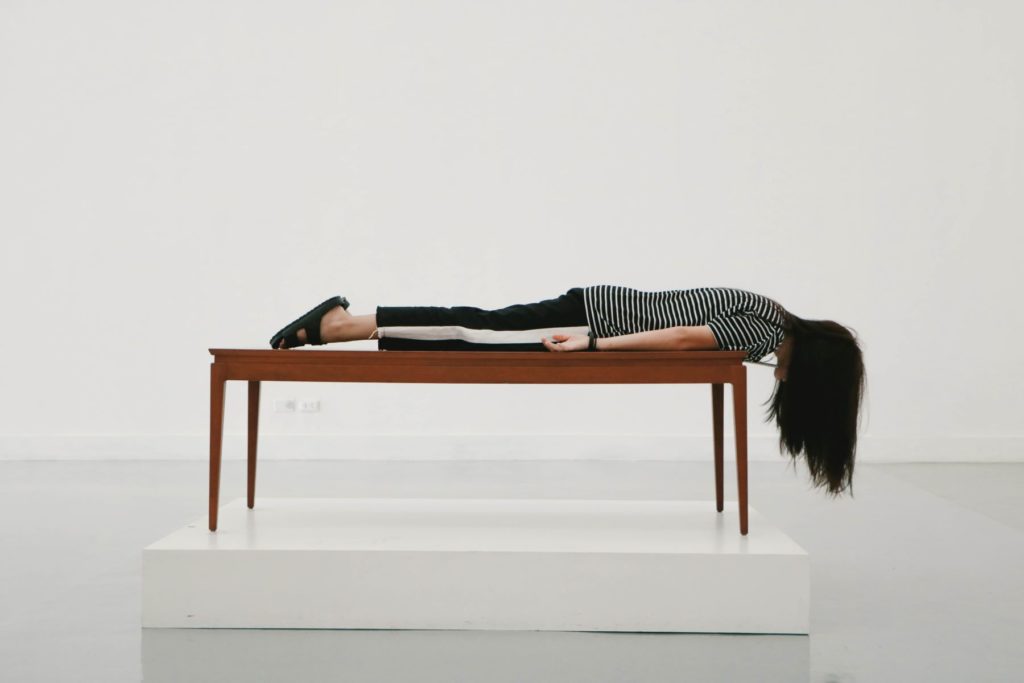Managing sleep, or lack thereof during the COIVD-19 pandemic can be a challenge. Disrupted routines can mean disrupted sleep. If you find yourself having difficulties with falling asleep or waking up. It might be time to put some sleep hygiene practices into place. Sleep hygiene is a term that means habits that help you have a good night’s sleep. You can read about these at the bottom of this page.
What to do if you are awake in the middle of the night.?
1# Get up –lying in bed trying to get back to sleep often does not work and prolongs the pain.
2 # Get out of your bedroom – staying in bed or in your bedroom while awake can create an association of bed/bedroom and being awake, go to different room. Don’t turn on lots of lights, use low lighting or lamps. If you have lighting that you can change the brightness of and or the colour, turn it to low and an amber colour. Read a book or do something with a low stimulation level. Don’t watch an action or horror movie! You could try to write down what is on your mind (particularly if it is worries) with a view that you can look at the following day. You might even put it in a jar with the lid on and set a time during the following day to review any worries.
3 # Go back to bed only when you feel tired – If that means you stay up all night, that is okay. You will have difficulty doing this forever, tiredness and your body clock will move you towards sleep at some stage.
# Remind yourself being tired for a short period of time does not have long lasting effects.
4 # Repeat – If go back to bed and you think you have been lying down for 15 mins and haven’t slept then go back to step one.
5 # If it feels like you are stuck, and your sleep continues to be disrupted talk to a health professional. Sleep difficulties can be caused by a range of factors, including worry. The uncertainty of COVID-19 has increased worry for most people.
# Keep in mind if you are working from home – you may be able to be flexible with your hours and this can be convenient. It might be very easy to slip into a pattern of starting work later, finishing later, going to bed later and getting up later. However, it might be important that your routine is like your normal work pattern ready for when things change back.
Sleep Hygiene Instructions
1. Sleep only as much as you need. A guide is that you feel refreshed during the following day.
2. Get up at the same time each day, 7 days a week, no matter how little you slept.
3. Exercise regularly.
Going for a walk can be very important for your sleep and overall well being.
4. Manage the physical space of your bedroom.
# A comfortable temperature
# A room free from light
# A room free from noise
# Close the bedroom door
5. Consider what you put into your body, and when.
Eat regular meals and do not go to bed hungry.
Avoid greasy or “heavy” foods.
Avoid excessive liquids in the evening.
Avoid caffeine use
Avoid alcohol
Avoid Tobacco
Avoid sleeping pills except in exceptional circumstances and in consultation with your doctor
6. Manage your worry and stimulation levels
“Don’t take your problems to bed”. Watching TV in bed, using laptops, iPads, smart phones and other equipment, may be stimulating and make it hard to sleep. Managing your worry and stimulation levels also includes spending time winding down or relaxing before bed.
7. Do not try to fall asleep.
Going to bed when sleepy is the ideal.
8. Don’t lie awake watching the clock
Clock watching may lead to experiences such as frustration, anger, and worry which interfere with sleep.
9. Avoid naps.
Staying awake during the day helps you to fall asleep at night.



